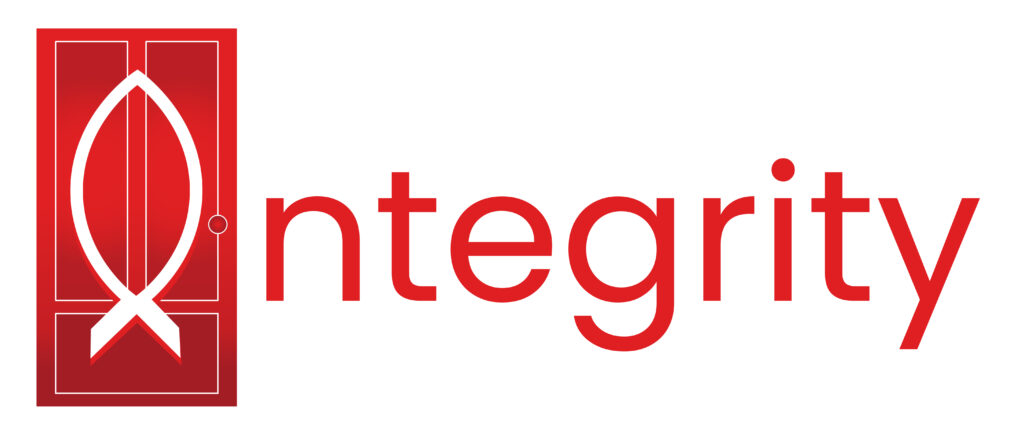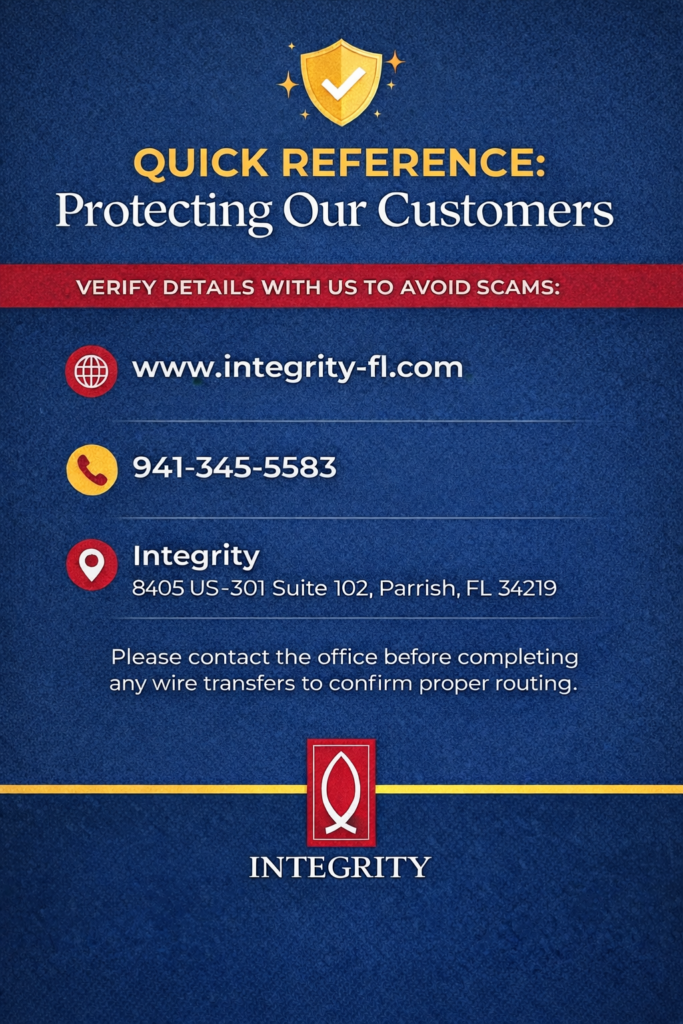Buying a mobile home in Florida can be one of the most affordable ways to own a home — but many buyers are surprised by the monthly costs that come with it. Beyond the purchase price, there are ongoing expenses that every homeowner should understand before making a decision.
In this guide, we’ll break down the real monthly costs of owning a mobile home in Florida, so you can budget confidently and avoid unexpected surprises.
Lot Rent: Your Biggest Monthly Expense
For most mobile homeowners, lot rent is the largest recurring cost. This covers the land your home sits on and often includes shared amenities.
In Florida, lot rent typically ranges from:
- $400 to $1,200+ per month
- Higher in coastal and 55+ communities
- Lower in rural or privately owned parks
Some parks include water, sewer, trash, or lawn care in the rent. Always ask what’s included before signing.
Utilities and Services
Just like traditional homes, mobile homes come with monthly utility costs.
Common expenses include:
- Electricity
- Water and sewer (if not included)
- Trash pickup
- Internet and cable
- Propane (in some communities)
On average, Florida mobile homeowners spend $150–$300 per month on utilities, depending on usage and home size.
Insurance Costs
Mobile home insurance is required in most parks and highly recommended for all owners.
Typical insurance covers:
- Fire and storm damage
- Liability protection
- Personal belongings
- Windstorm coverage (important in Florida)
Most policies range from $50–$150 per month, depending on coverage and location.
Maintenance and Repairs
Mobile homes require regular upkeep, especially in Florida’s climate.
Common maintenance costs include:
- Roof sealing and inspections
- HVAC servicing
- Plumbing repairs
- Skirting and siding upkeep
- Pest control
Setting aside $50–$100 per month for maintenance helps prevent major repair bills later.
Park Fees and Community Charges
Some communities charge additional fees beyond lot rent, such as:
- Amenity access
- Clubhouse usage
- Landscaping services
- Gate or security fees
- Pet fees
These may be included in rent or billed separately. Always request a full fee breakdown.
Property Taxes and Registration
Most mobile homes in Florida are registered through the DHSMV rather than traditional property tax systems.
Costs may include:
- Annual registration fees
- Decal renewals
- Personal property taxes (in some counties)
These are usually low but should still be factored into your budget.
Why Understanding Costs Matters Before Buying
Many buyers focus only on the purchase price and forget about monthly obligations. This can lead to financial stress later.
Understanding your full cost upfront helps you:
- Budget realistically
- Avoid overextending yourself
- Choose the right community
- Feel confident in your purchase
Work With a Local Expert You Can Trust
At Integrity Mobile Home Sales, we help buyers and sellers understand every part of the process — including real ownership costs.
Whether you’re buying your first home or planning to sell, our team provides honest guidance and local expertise throughout Florida.
If you’d like a personalized breakdown based on your situation, contact us anytime.

